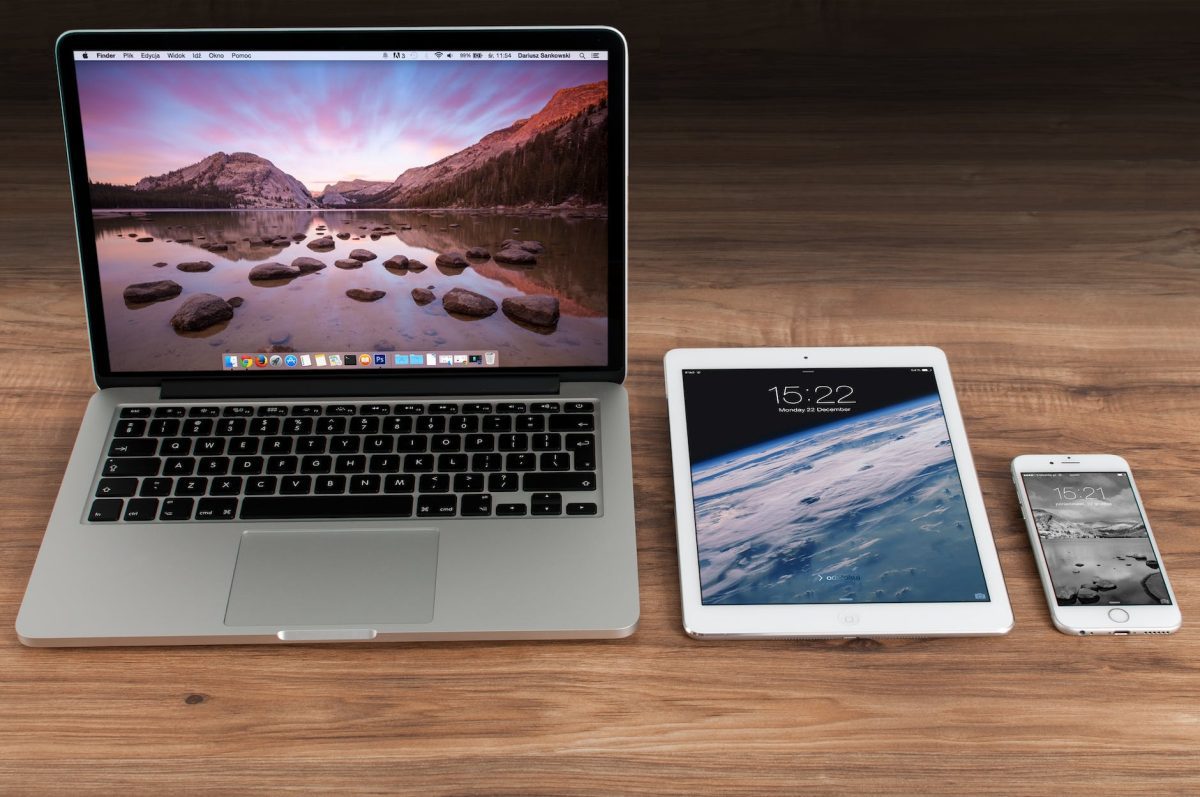I think this has been greatly underreported.
Apple purposely disables a feature on your phone during unrest.
Anti-government protests flared in several Chinese cities and on college campuses over the weekend. But the country’s most widespread show of public dissent in decades will have to manage without a crucial communication tool, because Apple restricted its use in China earlier this month.
AirDrop, the file-sharing feature on iPhones and other Apple devices, has helped protestors in many authoritarian countries evade censorship. That’s because AirDrop relies on direct connections between phones, forming a local network of devices that don’t need the internet to communicate. People can opt into receiving AirDrops from anyone else with an iPhone nearby.
That changed on Nov. 9, when Apple released a new version of its mobile operating system, iOS 16.1.1, to customers worldwide. Rather than listing new features, as it often does, the company simply said, “This update includes bug fixes and security updates and is recommended for all users.”
Hidden in the update was a change that only applies to iPhones sold in mainland China: AirDrop can only be set to receive messages from everyone for 10 minutes, before switching off. There’s no longer a way to keep the “everyone” setting on permanently on Chinese iPhones. The change, first noticed by Chinese readers of 9to5Mac, doesn’t apply anywhere else.
[…]
But why did Apple rush out the change unannounced, in an unassuming update to iOS in early November, and apply it only to Chinese iPhones? One clue may lie in what happened the month prior, when Xi Jinping’s anointment to a third term as China’s leader was met with rare displays of public dissent.
In the most visible protest, a dissident now known as Bridge Man lit a fire on a bridge in Beijing to draw attention to his protest banners. One read, “Go on strike at school and work, remove dictator and national traitor Xi Jinping.” References to the banners were quickly censored across the Chinese internet, but photos still made their way through private channels. Vice reported that Bridge Man’s messages were spreading on the Shanghai subway via AirDrop.
Source: qz
The unannounced update has, as always, been twisted as a useful update to “protect the users”.
Besides all the power they already hold “curating” the app stores, imagine, next time, Apple (or any other Big Tech Corp) decides to disable your camera when the police put their knees on the neck of a poor guy, or they decide to disable the keyboard inside certain Telegram chat rooms, or disable Wi-Fi and data inside certain geo-zones, etc…

Leave a Reply…